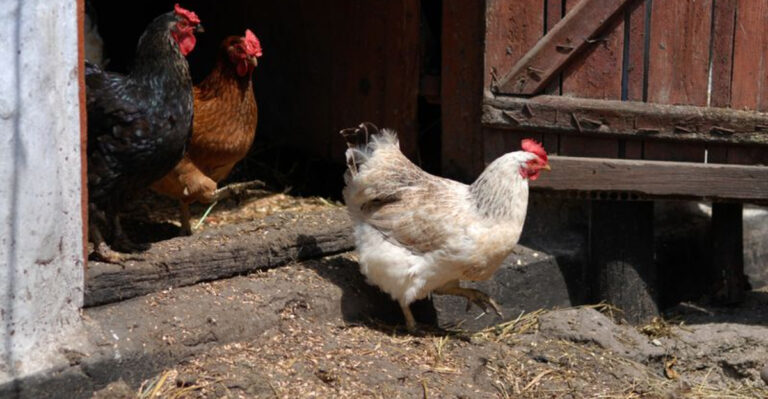15 Surprising Reasons Birds Sing So Loudly On Spring Mornings

Have you ever been jolted awake by the symphony of chirping birds outside your window? There’s something magical about their morning melodies, especially in spring.
But why do they sing with such gusto at the break of dawn? Let’s explore the delightful reasons behind this loud, musical phenomenon.
1. Attracting Mates
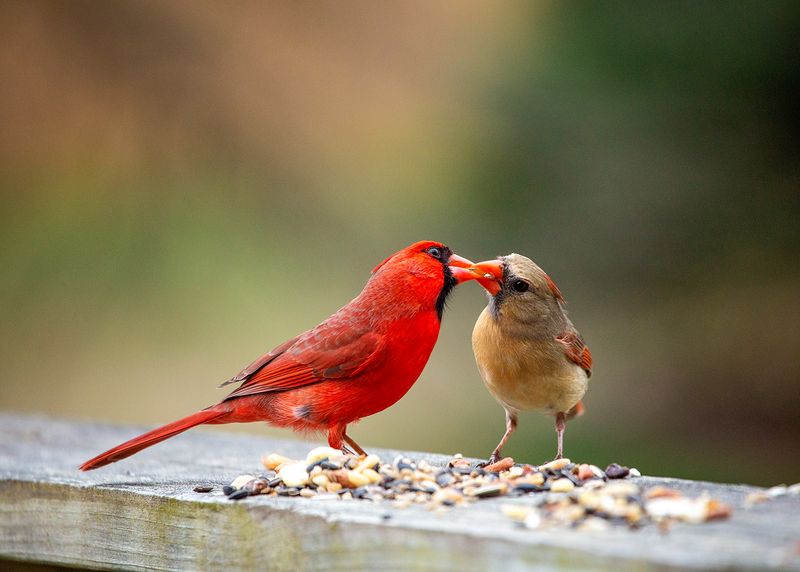
Spring is all about love songs in the bird world. Male birds sing loud and proud to catch the attention of potential mates. It’s like their own American Idol audition. The more captivating the song, the better their chance to impress the ladies. It’s a musical courtship ritual that speaks volumes.
2. Morning Light Stimulation

The first rays of sunlight act as a natural alarm clock for birds. It triggers their internal rhythm, encouraging a morning concert. As dawn breaks, their energy peaks, and they sing to greet the new day. This rhythm is as dependable as the sunrise itself, making morning the prime singing time.
3. Establishing Social Hierarchies
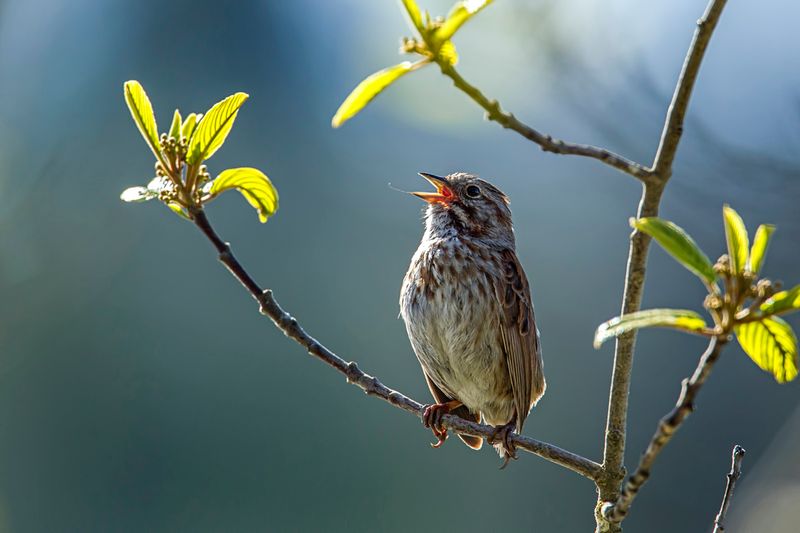
Birdsong isn’t just for romance and real estate. It also helps establish pecking orders. The louder and more complex the tune, the higher the bird might climb in social rank. Think of it as a sing-off to assert dominance. It’s like a musical chess game played among the branches.
4. Communicating With Flock
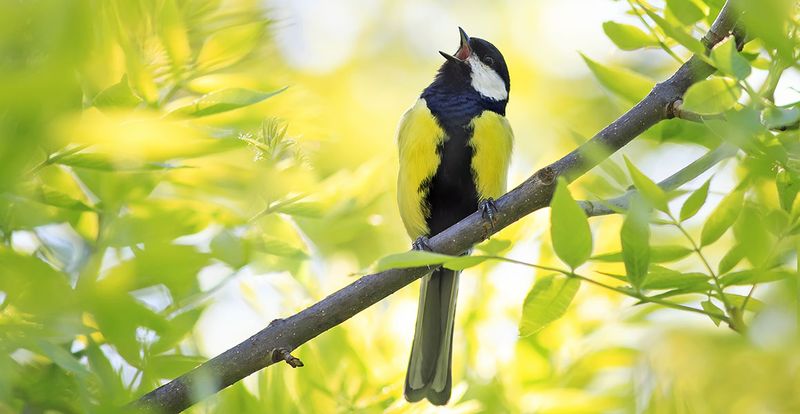
Birds sing to keep their flock informed. Whether it’s a call to unite or a warning of nearby danger, songs convey crucial information. It’s their way of saying, “Let’s stick together!” In the grand symphony of nature, each tune has a purpose, keeping the community connected.
5. Learning And Practicing Songs
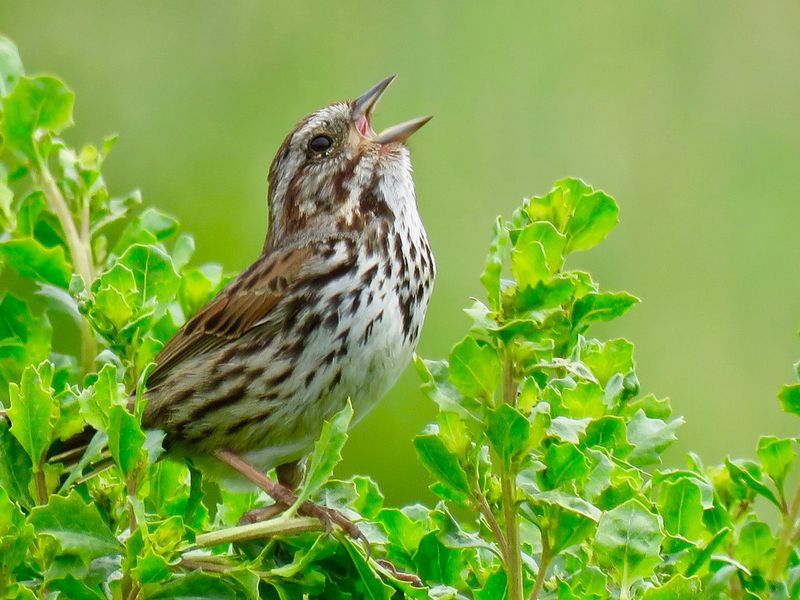
Young birds are like musical apprentices, practicing their tunes to perfection. Each morning is a rehearsal, refining their songs to ensure they hit all the right notes. It’s a vocal training ground, with older birds offering guidance. A melodious mentorship, ensuring the next generation sings just as beautifully.
6. Responding To Rivals
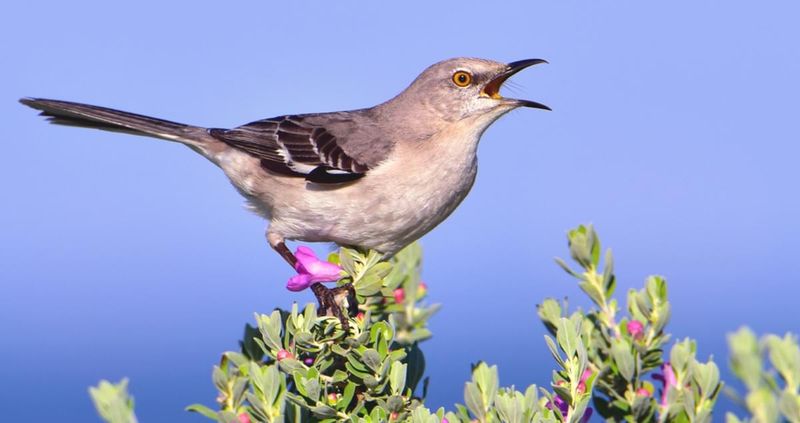
Birds are competitive vocalists, often singing to outdo rivals. When one bird belts out a tune, another might respond with a louder, more complex song. This back-and-forth continues as they vie for dominance. It’s like a natural battle of the bands, with each hoping to come out on top.
7. Territorial Announcements
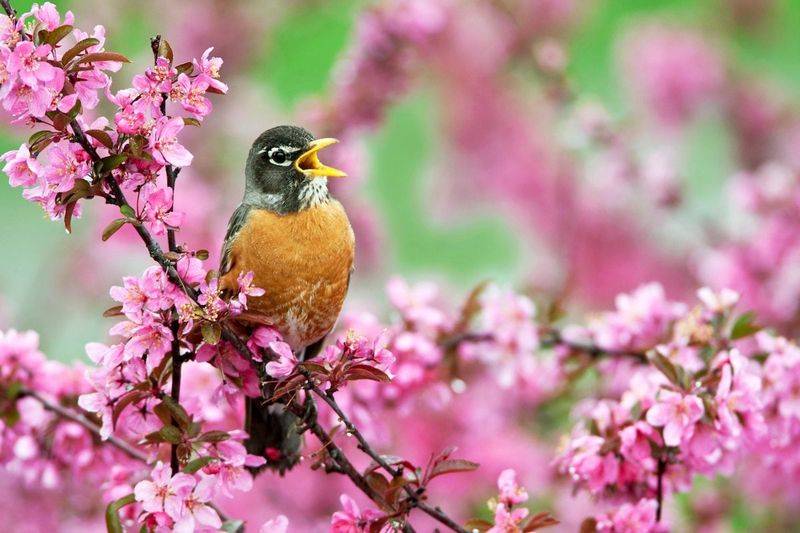
Birds often belt out tunes to mark their territory. That robin singing its heart out? It’s basically putting up a vocal “no trespassing” sign. Each note carries the message: “Stay away, this spot’s taken!” It’s like nature’s own version of real estate. The louder they sing, the clearer the boundary becomes.
8. Celebrating Seasonal Change
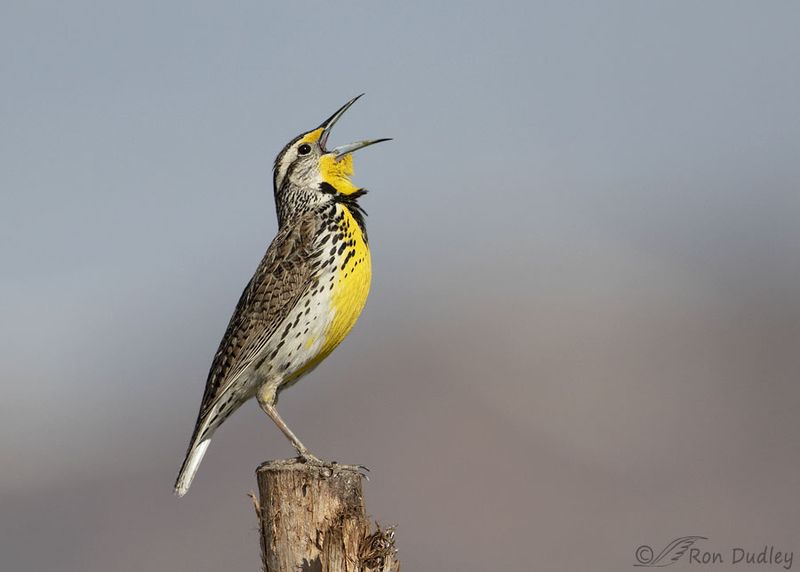
Spring’s arrival is a celebration, and birds welcome it with song. Their melodies are an ode to new beginnings, echoing the renewal around them. As flowers bloom and days lengthen, their songs capture the essence of spring’s vibrant spirit. It’s nature’s way of throwing a musical welcoming party.
9. Alerting To Predators
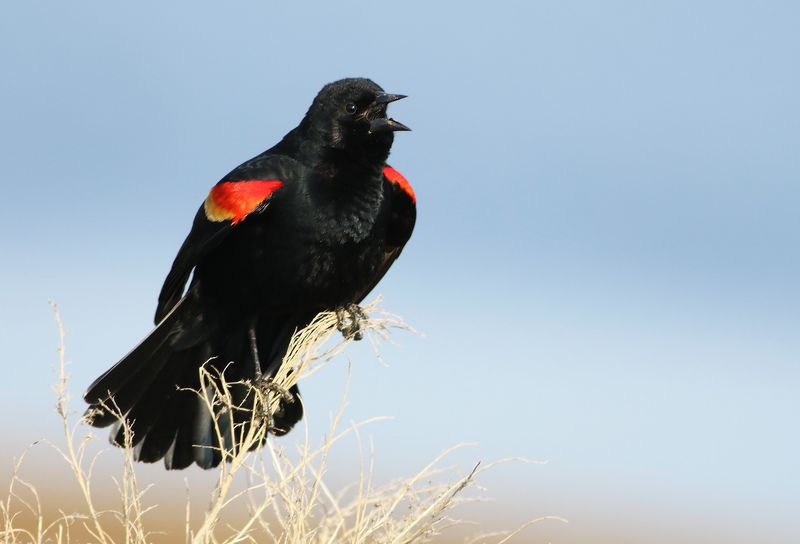
Sometimes, the loudest songs are warnings. Birds sing to alert others of predators lurking nearby. This vocal alarm system is crucial for survival. It’s a siren song that ensures the flock stays safe and vigilant. Every note is a lifeline in the intricate dance of predator and prey.
10. Echoing Environmental Sounds

Some birds are nature’s mimicry artists, echoing environmental sounds. They blend melodies with the world around them, creating a unique symphony. It’s like an audio snapshot of their surroundings, capturing everything from rustling leaves to human-made noises. This mimicry adds layers to their morning concerts.
11. Expressing Emotions
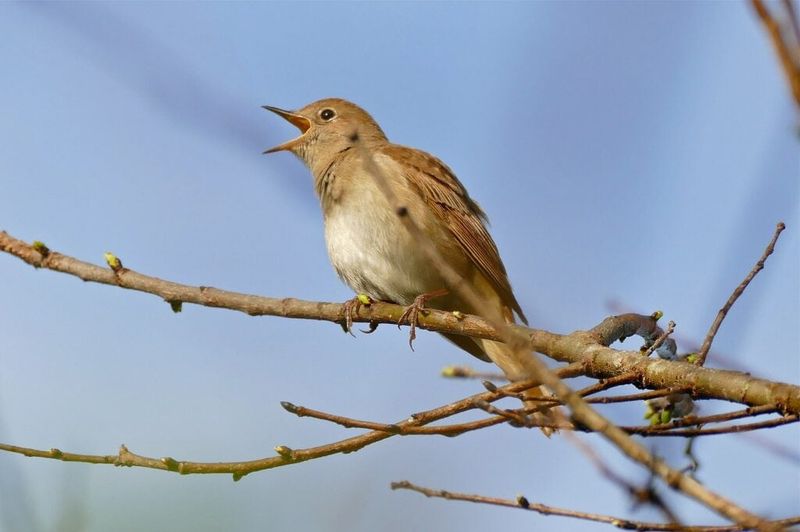
Birdsong is an emotional outlet. Whether expressing joy, excitement, or distress, their tunes convey a spectrum of feelings. A nightingale’s song at dusk can be as heartfelt as a human’s love ballad. These emotional serenades connect the avian world with the essence of life’s ups and downs.
12. Defending Nest Sites
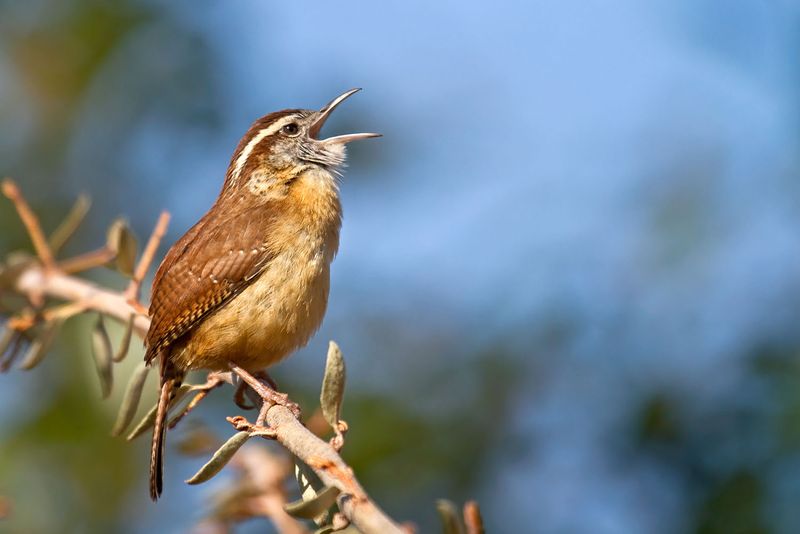
Birds can be fiercely protective of their nesting sites. Singing is a way to defend these precious spots from intruders. It’s a vocal barrier, warning others to keep away. This protective instinct ensures their young have a safe haven to grow. It’s a melodious shield in the world of avian parenting.
13. Adjusting To Urban Environments
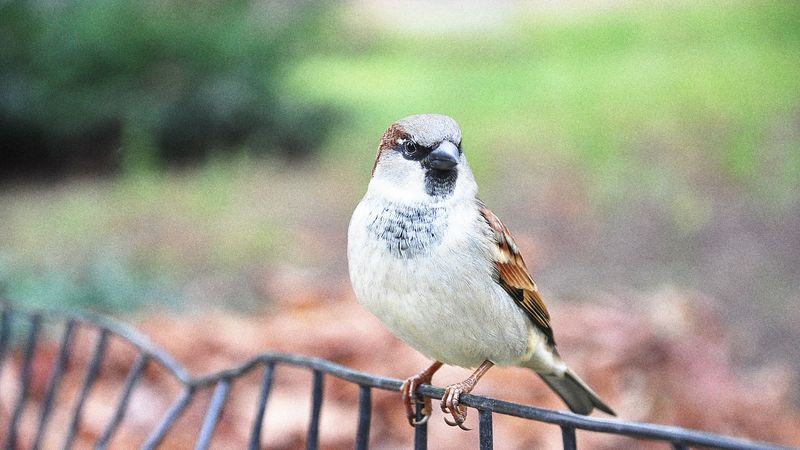
Urban birds face unique challenges, adapting their songs to cut through city noise. They sing louder and at different pitches to be heard above the hustle and bustle. It’s a testament to their adaptability, making music in concrete jungles. These urban arias are as complex as the environments they inhabit.
14. Signaling Food Sources
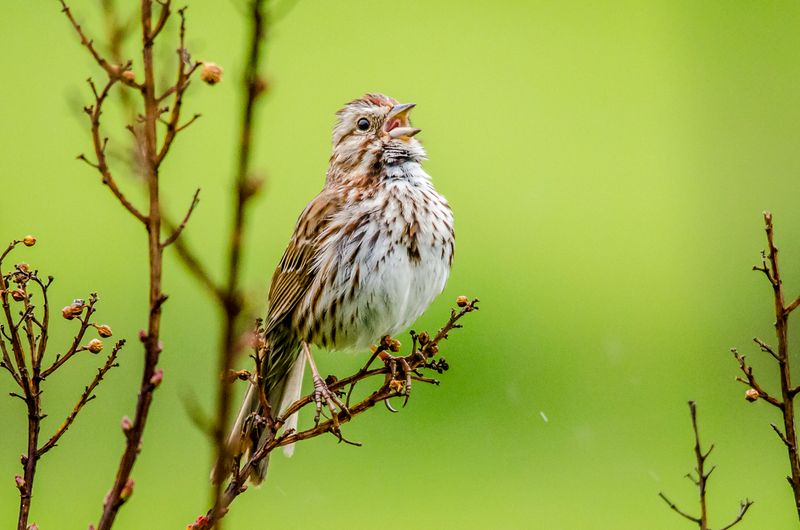
Birdsong can signal the discovery of food. When one finds a bounty, it might sing to alert others. This harmony of hunger and hope helps flocks feast together. It’s a melodic invitation to a seasonal banquet, with songs guiding them to nature’s buffet. The more, the merrier in this feast of sound.
15. Enhancing Acoustic Environment
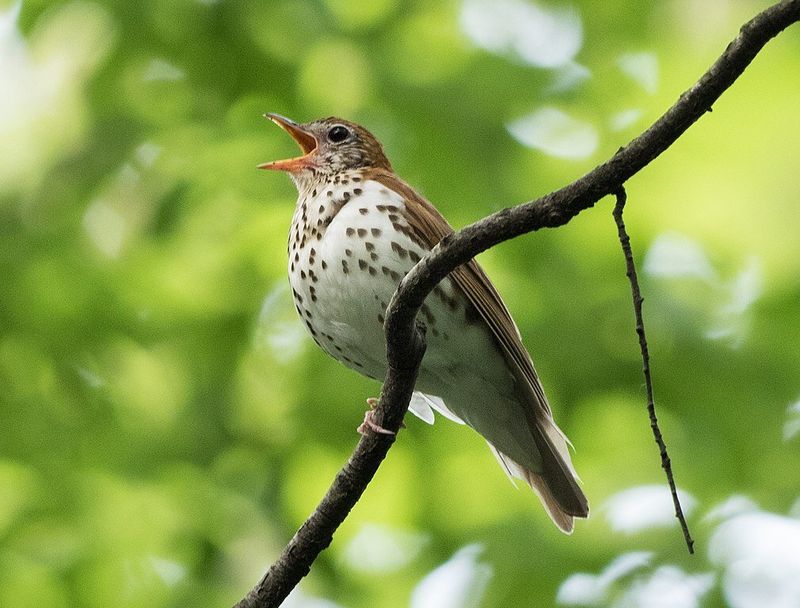
Birds choose prime spots to enhance their acoustic reach. Open fields or clearings amplify their songs, making them resonate farther. This strategic placement turns nature into an amphitheater. It’s all about maximizing volume and clarity, ensuring their tunes are heard loud and clear across the landscape.






